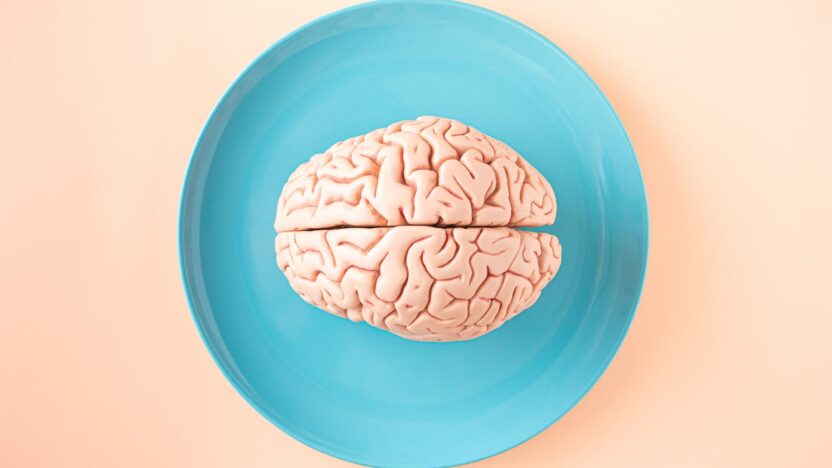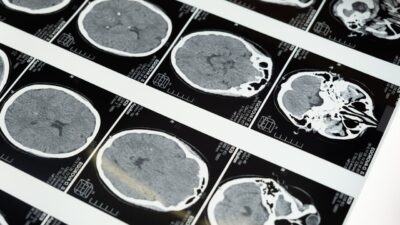Have you ever felt a knot in your stomach before a big event or an empty sensation when things didn’t go as planned? These experiences aren’t just metaphors—they reflect the powerful connection between your digestive system and your emotions. What happens in your gut may influence how you feel more than you realize.
The Brain in Your Belly
Your digestive system houses what scientists call the «second brain.» This term isn’t an exaggeration—your gut contains the enteric nervous system (ENS), a complex network with over 100 million neurons, nearly as many as in the spinal cord. This system is so autonomous that it can manage digestion on its own, but its role doesn’t stop there: it also produces around 90% of the body’s serotonin, the neurotransmitter essential for happiness.
This means your digestive system isn’t just about breaking down food—it also plays a fundamental role in how you feel every day. From producing neurotransmitters to managing stress, this «second brain» acts as a true emotional engine.
The Gut-Brain Axis: A Secret Channel of Communication
The gut and the brain are connected through a two-way system known as the gut-brain axis. This link enables constant communication between the two systems, influencing one another. For example, stress or anxiety can cause digestive symptoms such as abdominal pain, nausea, or even diarrhea. But it also works the other way around: an imbalance in the gut, like unhealthy microbiota, can trigger anxiety or depression.
This axis involves not only nervous signals but also chemical and hormonal exchanges. Therefore, what you eat, how you digest, and the state of your gut bacteria directly affect your mental well-being.
The Microbiota: The Community Shaping Your Emotions
Living inside your gut is a vast ecosystem of microorganisms known as the microbiota. This community of bacteria, fungi, and other organisms doesn’t just help break down food—it directly impacts your emotions. Research has shown that an imbalance in the microbiota, known as dysbiosis, is linked to disorders such as chronic stress, anxiety, and depression.
Maintaining a healthy microbiota is essential for both your digestive and mental health. The foods you eat, the stress you manage, and even the amount of sleep you get influence this delicate balance.
How to Care for Your Gut to Improve Emotional Well-Being
If your gut has such a significant impact on your emotions, taking care of it becomes a priority. Here are some strategies to improve both your digestive and emotional health:
- Include Probiotic and Prebiotic Foods: Products like yogurt, kefir, and fermented foods help strengthen the microbiota. Pair them with fiber-rich fruits, vegetables, and whole grains to maximize their benefits.
- Reduce Stress: Practice relaxation techniques like meditation, yoga, or deep breathing to decrease the negative effects of stress on your gut.
- Avoid Ultra-Processed Foods: Cutting back on refined sugars and trans fats improves the digestive system’s function, enhancing your mood in the process.
- Stay Active: Physical exercise stimulates gut motility and reduces anxiety, creating a virtuous cycle between body and mind.
- Get Quality Sleep: Adequate rest is crucial for both brain regeneration and microbiota health.
The Future of the Gut-Brain Connection
Scientists are increasingly intrigued by the potential of the gut as a key tool for treating emotional disorders. From specific probiotic supplements to diets designed to influence the gut-brain axis, research is opening up a world of possibilities to improve our quality of life.
Taking care of your «second brain» isn’t just about physical health—it’s also about emotional balance. Remember, every small change you make in your diet and lifestyle can make a big difference in how you feel, from your gut to your mind. Give your digestive system the care it deserves and experience how it can transform your life!




